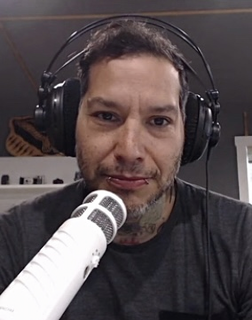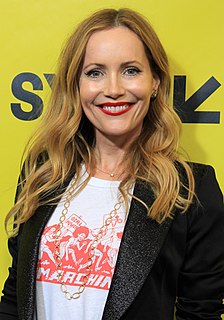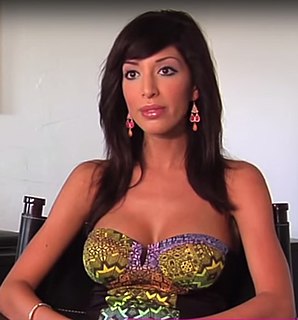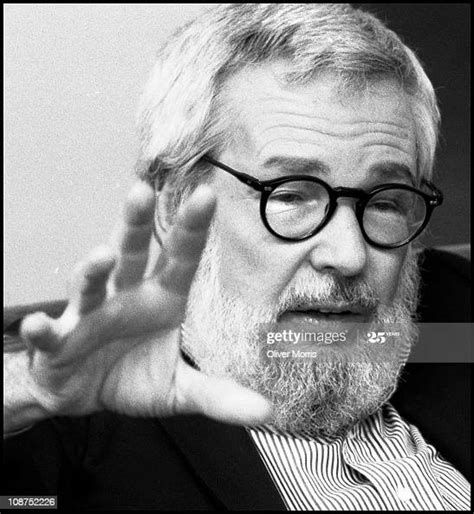A Quote by Gerard Way
I think everybody's book is about somebody's daughter, in a lot of ways. I dig that.
Related Quotes
I think if somebody is so set in their ways about what they feel about something - and you get this a lot in academia, of course, and also different sorts of journalism too - you're going to sweep under the carpet the facts that don't suit your thesis. And I think that happens quite a lot in the courtroom, for instance.
This is a story about four people named Everybody, Somebody, Anybody and Nobody. There was an important job to do and Everybody was asked to do it. Everybody was sure Somebody would do it. Anybody could have done it, but Nobody did it. Somebody got angry because it was Everybody’s job. Everybody thought Anybody would do it, but Nobody realized that Everybody wouldn’t do it. It ended up that Everybody blamed Somebody when Nobody did what Anybody could have done.
I agree that all kids of all colors love hip-hop. My point in writing the book was to raise questions about the ways the hip-hop generation and the millennium generation, both who have lived their entire lives in post-segregation America, are processing race in radically different ways than any generation of Americans. I think they have a lot to tell us as a country about ways of addressing race matters.
I think a lot of these terms, nationalistic things, somebody is an American, or somebody is a Frenchman, or somebody is a Jew, I don't know, it doesn't mean anything to me. You really should start augmenting these words, saying what kind. If you want to say somebody is a Jew, what do you mean by that? Does he have blonde hair? I think a lot of these ancient nationalistic and ethnic terms have kind of lost their meaning, or their meaning is so broad, it's nothing. It's like he's connected to the ancient world. Everybody is.
Ultimately, if you think about all the youth that everybody has mentioned here in Africa, if everybody is raising living standards to the point where everybody has got a car and everybody has got air conditioning, and everybody has got a big house, well, the planet will boil over - unless we find new ways of producing energy.
Sometimes I'll say, "I wrote that book," and the person will look at you as if you're really strange. One time that happened to my daughter on a plane. She was sitting next to a girl who was reading one of my books and my daughter said, "My mother wrote that book." And the girl started to quiz my daughter, asking her all sorts of questions, like what are the names of Judy's children and where did she grow up. My daughter thought it was so funny.




































